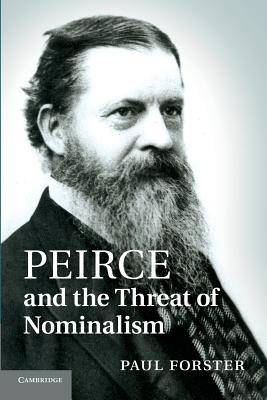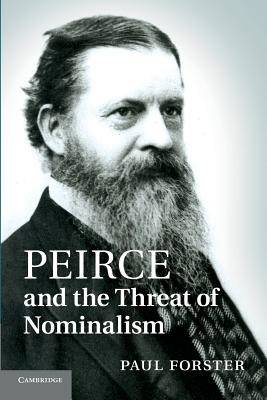
- Afhalen na 1 uur in een winkel met voorraad
- Gratis thuislevering in België vanaf € 30
- Ruim aanbod met 7 miljoen producten
- Afhalen na 1 uur in een winkel met voorraad
- Gratis thuislevering in België vanaf € 30
- Ruim aanbod met 7 miljoen producten
Zoeken
Omschrijving
Charles Peirce, the founder of pragmatism, was a thinker of extraordinary depth and range - he wrote on philosophy, mathematics, psychology, physics, logic, phenomenology, semiotics, religion and ethics - but his writings are difficult and fragmentary. This book provides a clear and comprehensive explanation of Peirce's thought. His philosophy is presented as a systematic response to 'nominalism', the philosophy which he most despised and which he regarded as the underpinning of the dominant philosophical worldview of his time. The book explains Peirce's challenge to nominalism as a theory of meaning and shows its implications for his views of knowledge, truth, the nature of reality, and ethics. It will be essential reading both for Peirce scholars and for those new to his work.
Specificaties
Betrokkenen
- Auteur(s):
- Uitgeverij:
Inhoud
- Aantal bladzijden:
- 272
- Taal:
- Engels
Eigenschappen
- Productcode (EAN):
- 9781107647633
- Verschijningsdatum:
- 5/12/2013
- Uitvoering:
- Paperback
- Formaat:
- Trade paperback (VS)
- Afmetingen:
- 152 mm x 229 mm
- Gewicht:
- 367 g

Alleen bij Standaard Boekhandel
+ 149 punten op je klantenkaart van Standaard Boekhandel
Beoordelingen
We publiceren alleen reviews die voldoen aan de voorwaarden voor reviews. Bekijk onze voorwaarden voor reviews.








